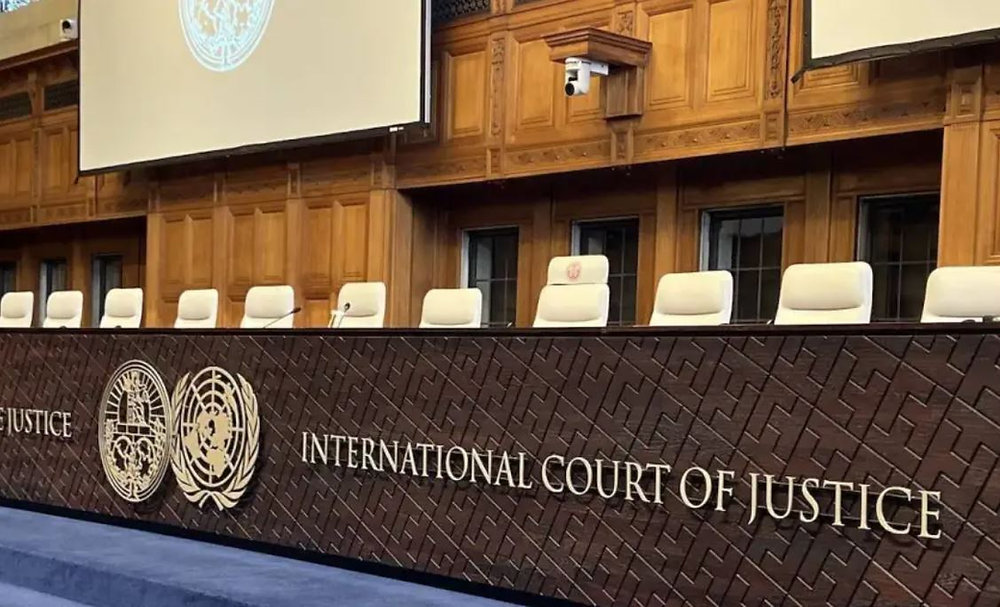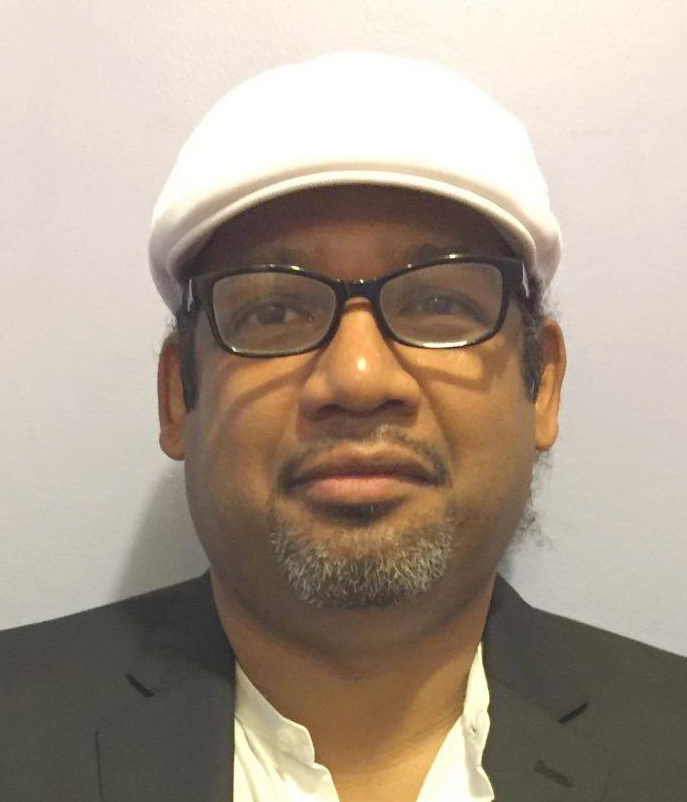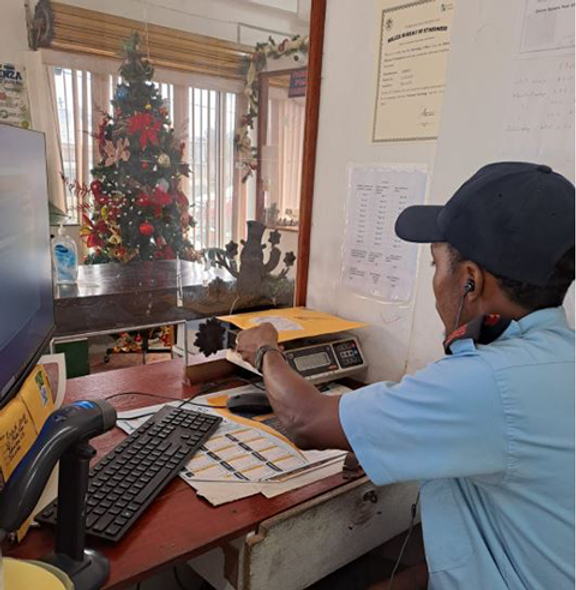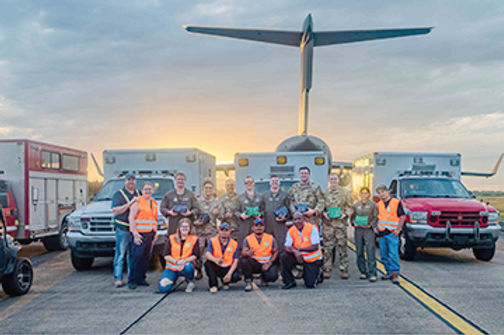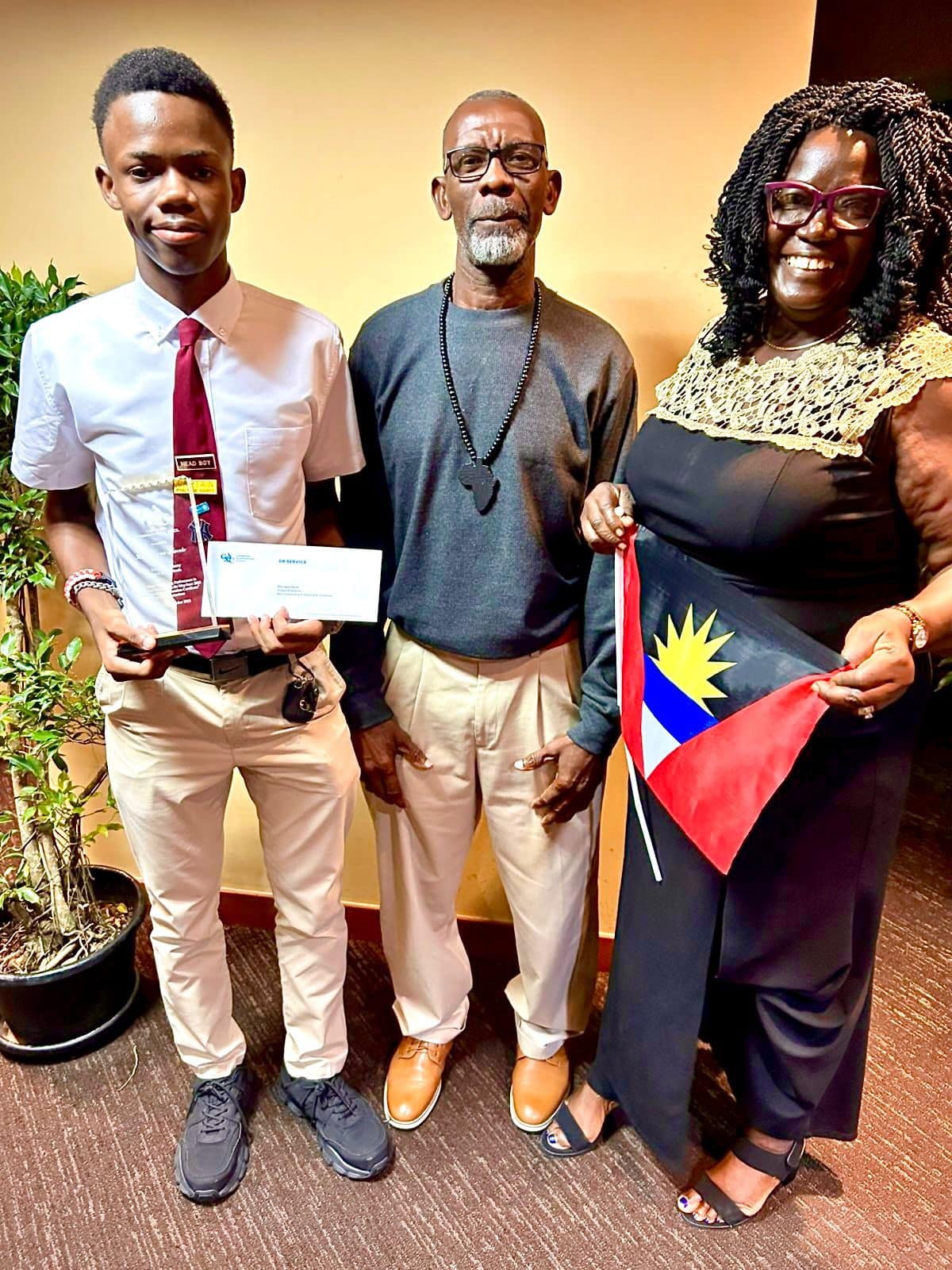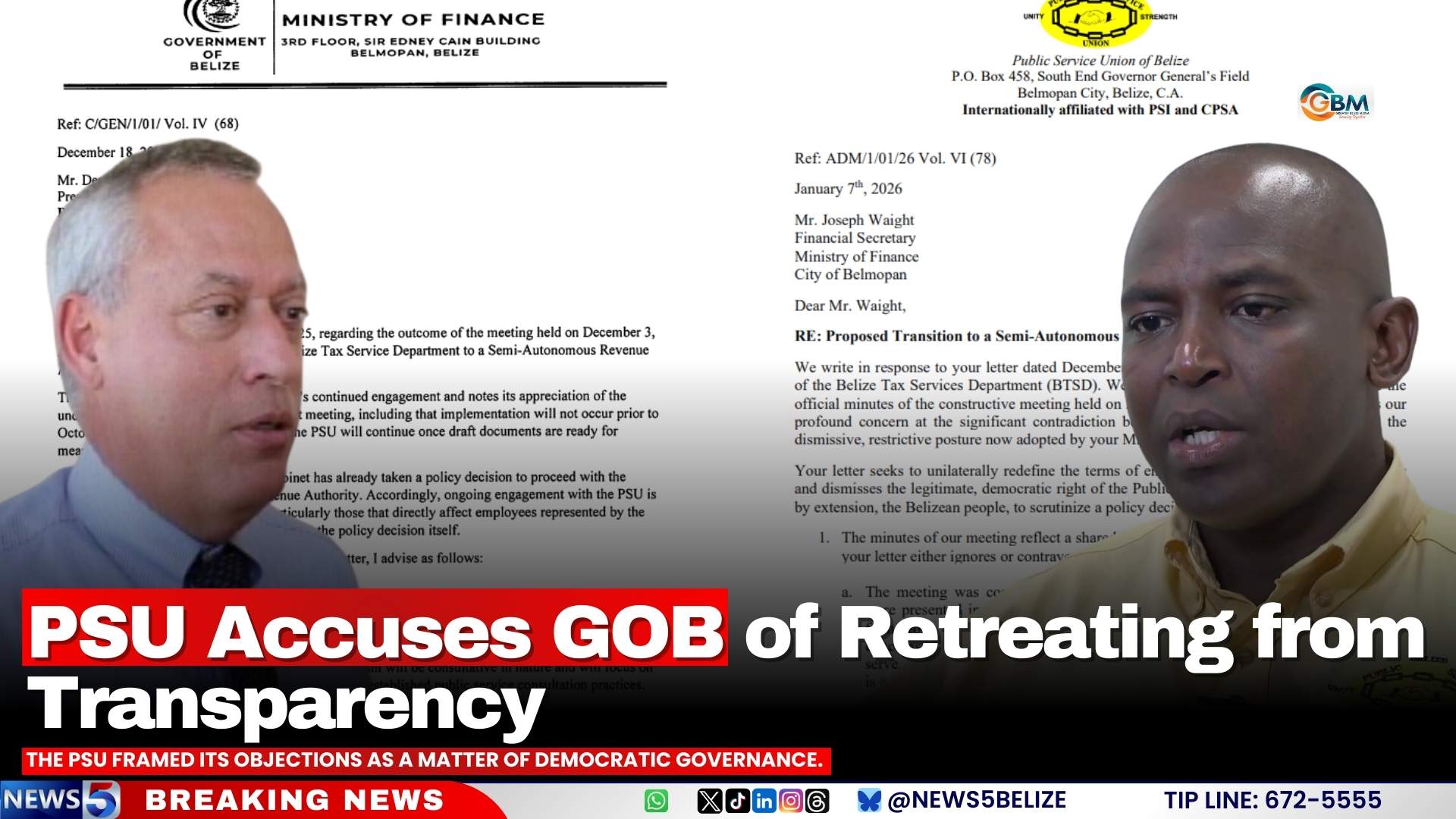The Grenada Development Bank (GDB) has announced a strategic recruitment initiative for a Climate Finance Officer to join its specialized Strategic Projects and Climate Finance Unit. This professional appointment represents a critical component of Grenada’s comprehensive strategy to enhance climate resilience and advance sustainable economic development.
The newly created position offers a unique opportunity for qualified professionals to contribute directly to the nation’s environmental sustainability objectives while supporting the Bank’s pursuit of accreditation with the Green Climate Fund (GCF). The successful candidate will play an instrumental role in developing and managing climate finance initiatives focused on mitigation, adaptation, and resilience-building projects.
Primary responsibilities include supporting the mobilization and management of climate finance from multilateral, bilateral, and donor partners. The officer will assist in meeting operational, reporting, and compliance requirements for various climate finance mechanisms while contributing to the preparation of technical submissions and board documentation.
The role encompasses substantial project development duties, including the review of climate finance concept notes and proposals aligned with national priorities. The position requires active stakeholder engagement with government agencies, development partners, and relevant entities, in addition to supporting project implementation, monitoring, and evaluation activities.
Qualifications require a Bachelor’s degree in Economics, Finance, Environmental Science, Development Studies, or related fields, with a Master’s degree in Climate Policy, Finance, or Sustainability considered a distinct advantage. Applicants must possess 3-5 years of experience in climate finance, development projects, or sustainable finance, with familiarity of environmental safeguards and results-based frameworks.
The position operates primarily from an office environment with occasional fieldwork across Grenada, Carriacou, and Petite Martinique. Interested candidates must submit a comprehensive cover letter and curriculum vitae to the Human Resource Manager by January 30, 2026. GDB emphasizes its commitment to equal opportunity employment and encourages applications from qualified professionals throughout Grenada and the Caribbean region.

